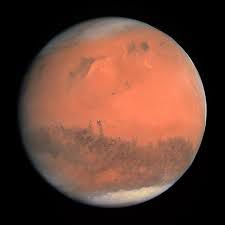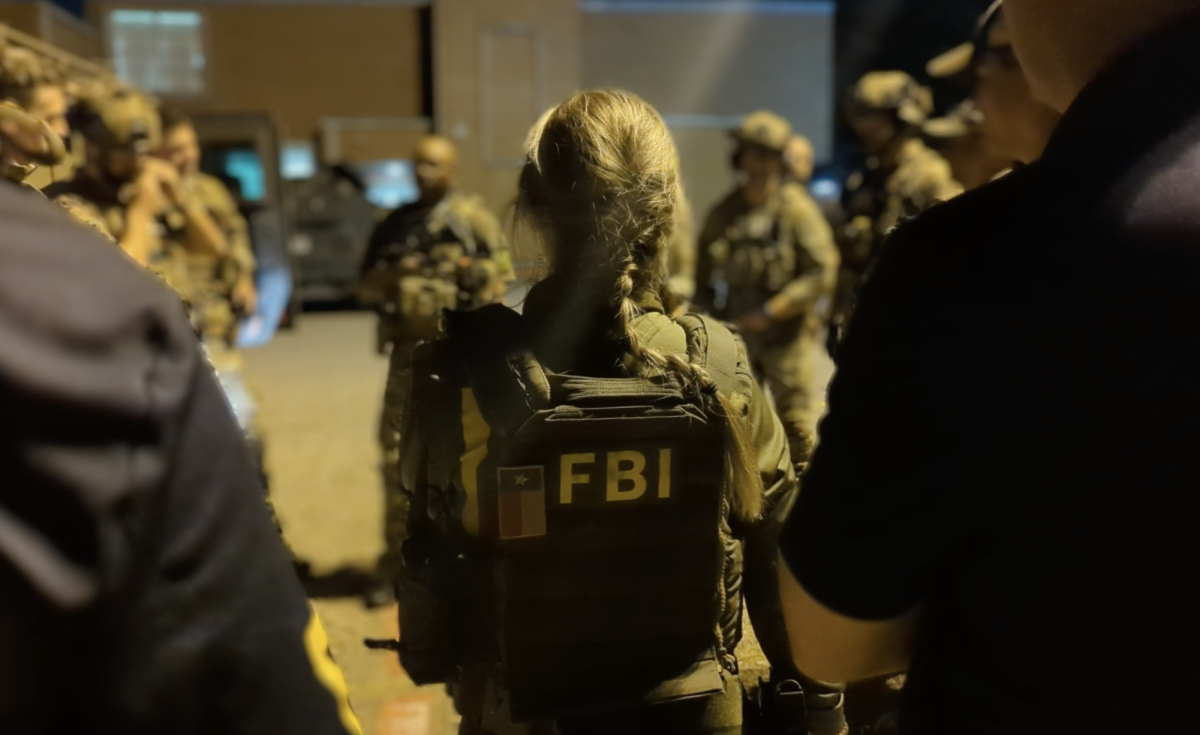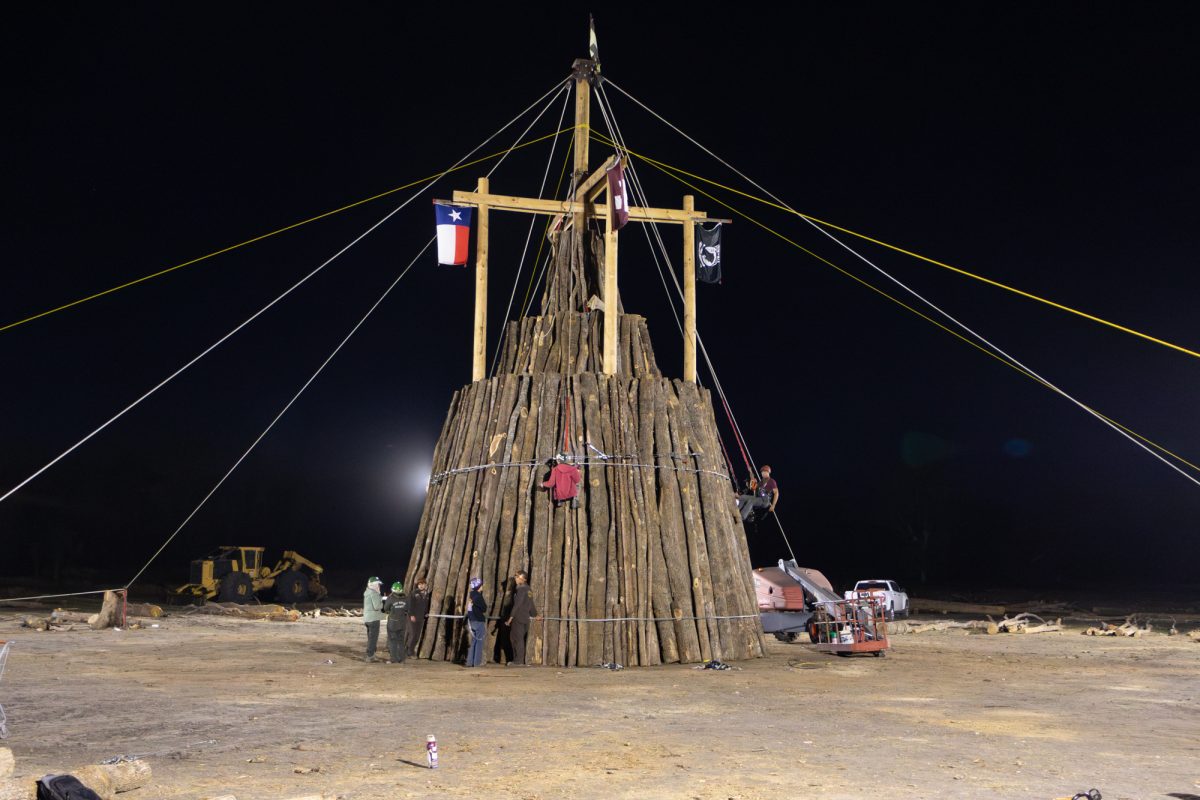When it comes to the world of science, researchers make discoveries and breakthroughs every day. To help you keep up with them, The Battalion has compiled a few of the most compelling scientific advances from the past week.
Synthesis of anti-tumor antibiotic
After 20 years, scientists have broken down the chemical code of kedarcidin. Kedarcidin is not only useful in killing bacteria like other antibiotics, but it also harms tumor cells. The substance has the potential to develop into a new way to fight cancer.
The substance was discovered 30 years ago, from a soil sample from India by a pharmaceutical company. Until recently, it had always been too complex to synthesize, but University of LIncoln chemistry associate professor Martin Lear and Tohoku University chemistry professor Masahiro Hirama have created a total synthesis of kedarcidin.
NASA may have recorded the first earthquake from Mars
On April 6, NASA’s Mars InSight lander’s seismometer captured the recording of an earthquake.
On April 23, NASA released a 40-second long recording. The recording starts with the faint sound of the wind on the planet, with the potential earthquake coming in later and lastly, the sound of the lander’s robotic arm.
Scientists hope that data can eventually be used to reveal the internal structure of Mars, heat flow and potential water locations underground. Although the recording is short, it demonstrates that Mars is seismically active and opens the door to new studies.
Ancient sculptures made figures with magnetic properties
Two thousand years ago, humans living in the Pacific Coast of what is now Guatemala carved out sculptures with magnetic properties. The potbelly structures are suspected to represent the dead ancestors of high-ranking families. The most probable cause for the magnetic properties is lightning strikes on boulders that were later carved out. To find these stones, archaeologists think that artisans used magnetized mineral chunks near iron-rich, basalt boulders. So far, researchers have found about 127 such structures in Mesoamerica.
Anti-tumor antibiotic, martian earthquake and magnetic sculptures: This Week in Science
April 25, 2019

Photo by Creative Commons
Mars
0
Donate to The Battalion
$70
$2500
Contributed
Our Goal
Your donation will support the student journalists of Texas A&M University - College Station. Your contribution will allow us to purchase equipment and cover our annual website hosting costs, in addition to paying freelance staffers for their work, travel costs for coverage and more!
More to Discover









